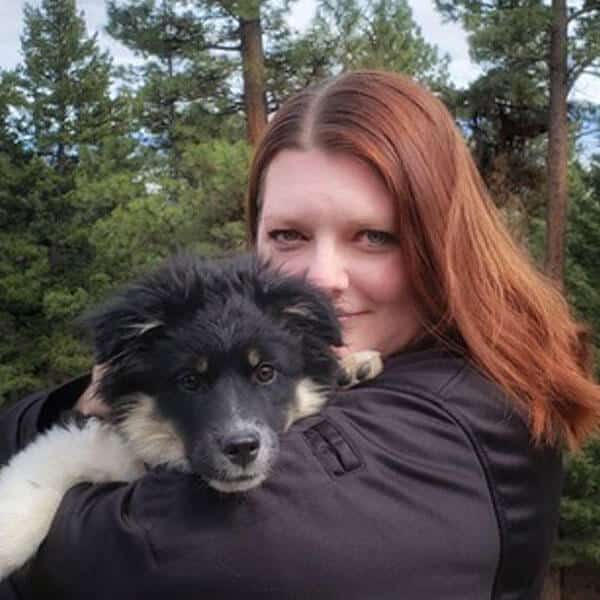Volunteer Service for Survival Training
May 31st, 2019
3 minute read
Being prepared for anything from household emergencies to a community or natural disaster requires more than just buying a bunch of freeze-dried food and first aid kits. It requires a wide variety of tools and supplies as well, along with a certain amount of training and a strong mutual-support network of like-minded people. One way to get all those bases covered in one fell swoop is through a specific type of volunteer work—the kind that is found in a fire department, EMS service, or search and rescue unit.
Firefighting
If you’re in a rural area—or perhaps even in a suburb—you are probably served by a volunteer fire department. They’re typically small, under 50 people, and like most volunteer groups they’re always looking for people. In many areas, the volunteer departments are also first on scene for wildland fires, structure fires, and on medical emergencies as a quick response unit, or QRU.
Training and Time Commitment
Every department is different; many have a training session each week in which you’ll spend a weeknight either learning or practicing your skills. There are often other training opportunities as well, either jointly with other departments in your area, or at the state level.
Some of the additional skills or situations you can expect to be trained or even certified in include:
- CPR/First Aid
- Vehicle Extrication
- Carbon Monoxide Events
- Downed Power Lines
- Disaster Relief
- Emergency Medical Services
- Incident Command System
- Swift Water Rescue
Equipment is typically provided at no cost, and in most cases, if the department can afford it, your training will be paid for as well, such as Firefighter I certification or EMT-B licensing.
Your time commitment could vary; volunteers don’t have to attend every single call or training event, but active participation is assumed. Even if you’re not interested in running into burning buildings or being on-scene at a medical emergency, there are always additional duties available, such as incident command, logistics, and administrative tasks.
To find a volunteer department near you, visit the National Volunteer Fire Council.
Emergency Medical Services
Whether you end up with an Emergency Medical Responder (EMR) certification, an EMT license, or go all the way through Paramedic training, there’s no substitute for the type of hands-on training and practice you can get if you’re in a volunteer department that runs medical calls. Not only will you learn how to think quickly and clearly in a high-stress environment, but you’ll also be able to correctly assess, triage, and in some cases even treat a variety of things you and your family could see in a survival or grid-down situation.
To check out some of the training and certification levels available, you can go to the National Registry of Emergency Medical Technicians. Even if you don’t want to become an EMT or medic yourself, you can volunteer in a variety of ways that will still allow you to pick up some skills and knowledge. To find out more you can also look at EMS1.com’s article on how to become a volunteer EMT.
Search and Rescue
SAR teams train for mountain, wilderness, or water rescue among other activities. You’ll need to be in excellent physical condition for this work, but there’s all kinds of different SAR categories to become involved with, including:
- Wilderness/Mountain Rescue
- K-9 Teams, such as tracking, avalanche, or cadaver dogs
- Urban/Disaster
- High-Angle Rescue
- Confined Spaces and Caves
- Swiftwater and Diving
- Ski Patrol
Each type of SAR has its own set of skills, all of which would be great to have depending on your locale, situation, and needs. You can start here for an overview.
Volunteer service is a win-win proposition. You’re helping your community, but you’re also being trained for the type of disasters or emergency situations that you could find yourself in. For the price of your time and attention, you’ll be better trained, better tuned into your local area, and better prepared for whatever comes.
Join the Discussion
Continue Reading
Did you enjoy this article?

 48
48






